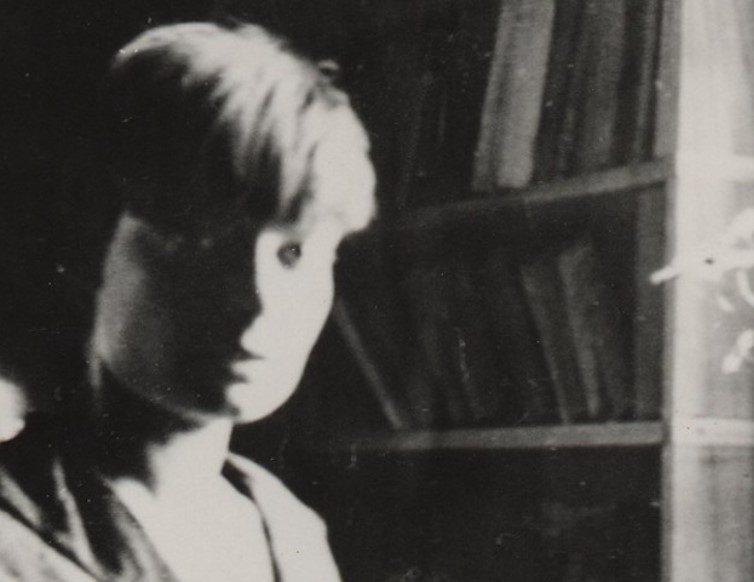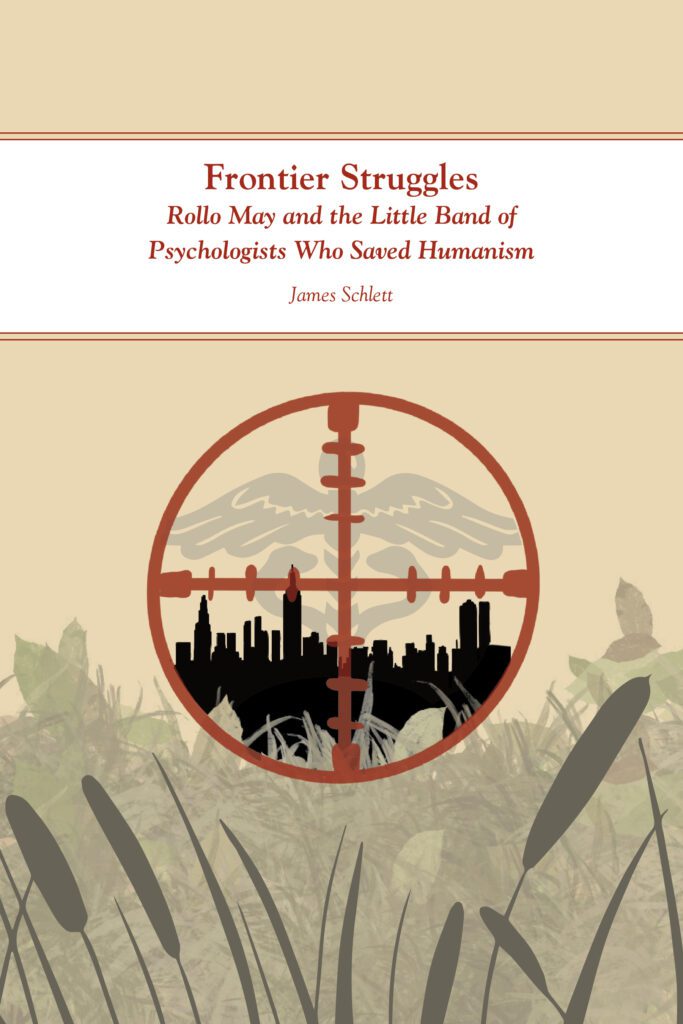
The Myth of the Perfect Pregnancy: A History of Miscarriage in America

news, new scholarship & more from around the world

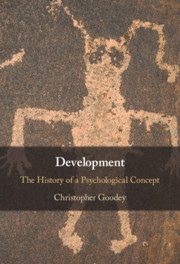



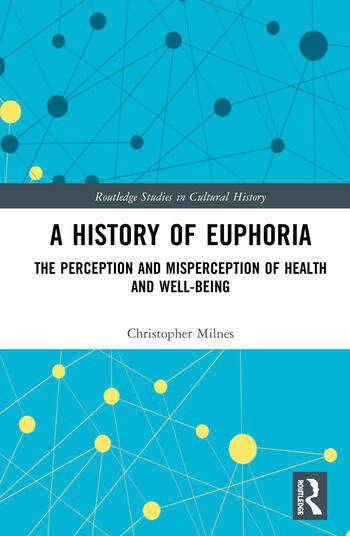


A couple visiting a Brook Advisory Centre in the 1960s.





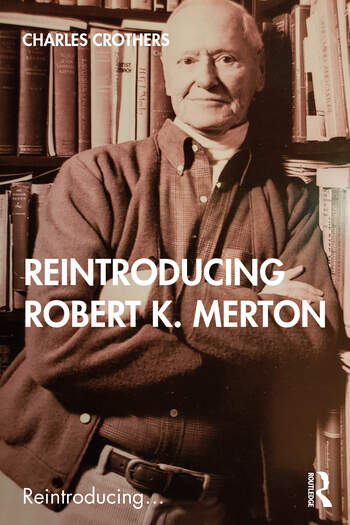


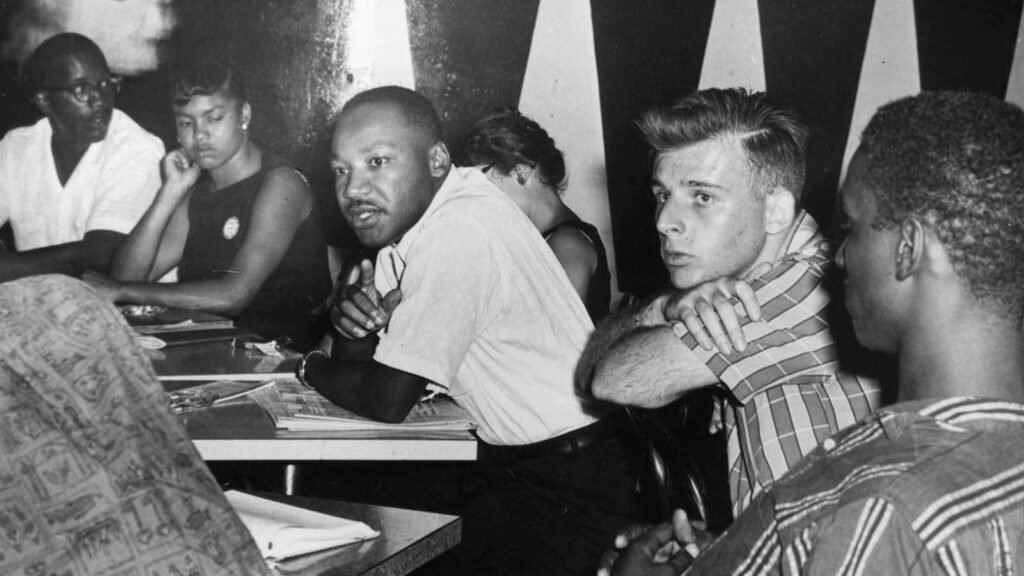
Dr. King taught social philosophy, the scholarly soul of the civil rights movement, once a week for one semester.



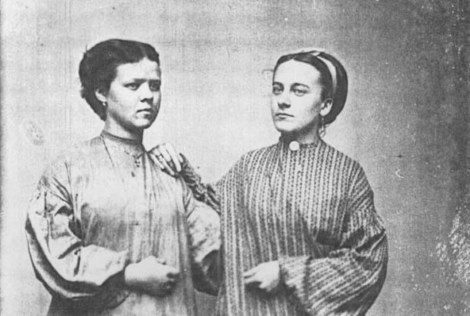
America’s first factory strike happened just 30 years after America’s first successful textile mill started churning out cotton cloth in Pawtucket, R.I. Above: Mill girls
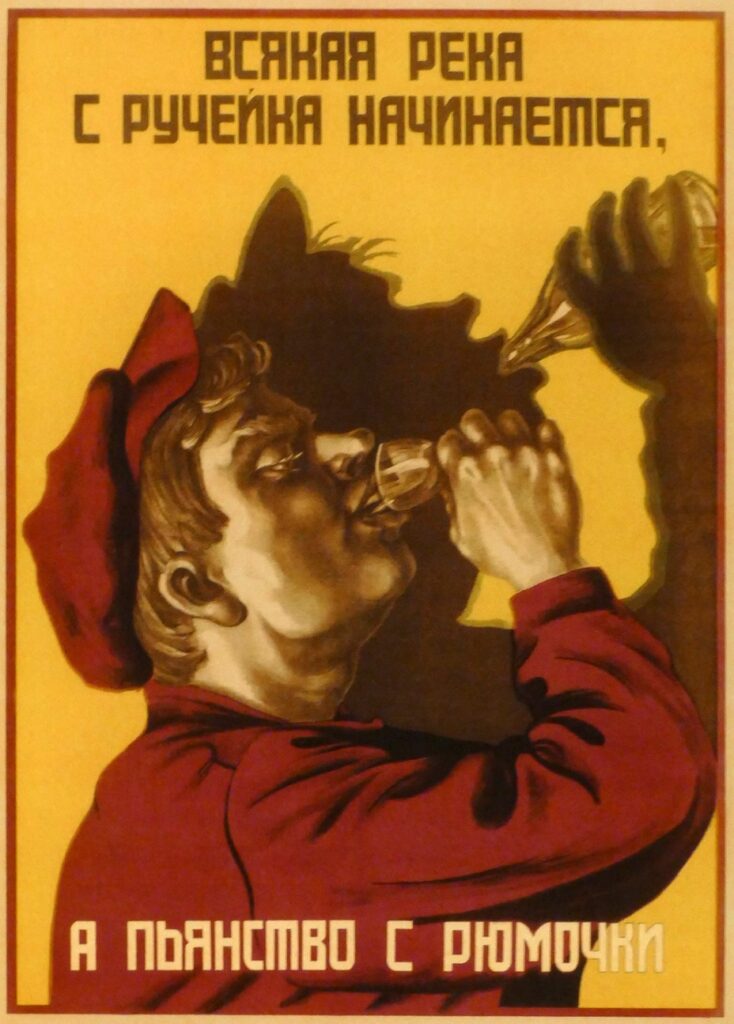
The temperance movement wasn’t an example of American exceptionalism; it was a globe-spanning network of activists and politicians who tilted not against sin but against economic exploitation.





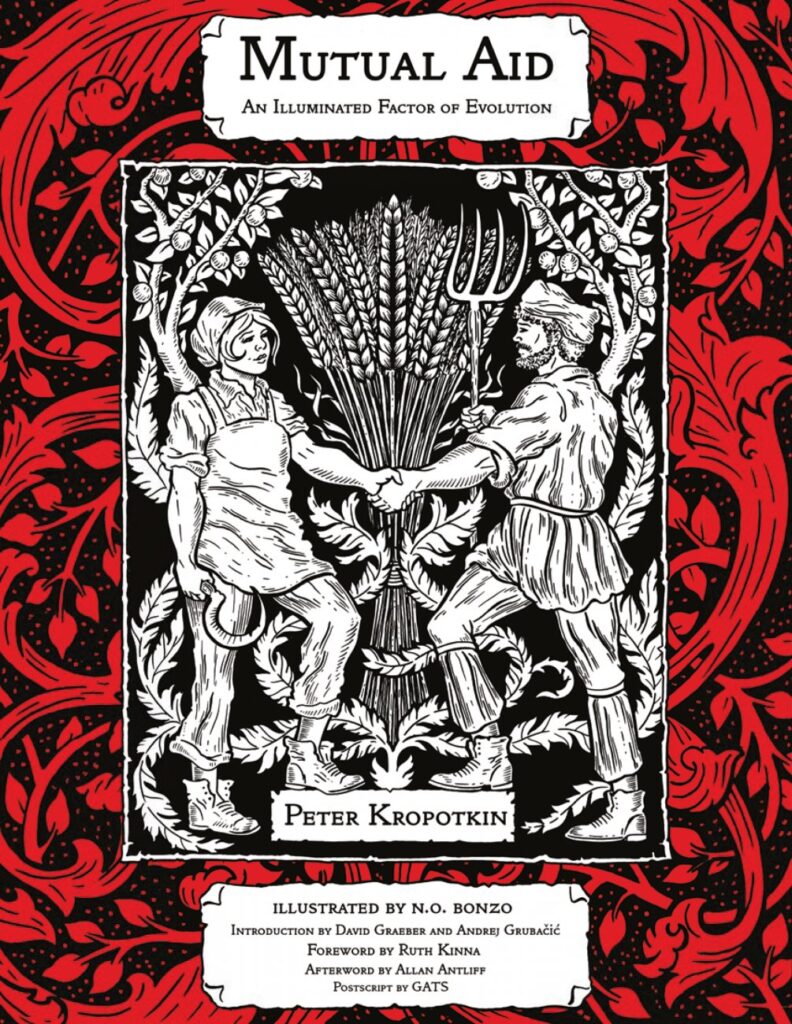

Rag-and-bone man in London


Capitalism depends on the availability of large numbers of non-capitalists, people who are, as Marx said, “free in the double sense.” Free to work for others because they are not legally tied to a landlord or master, and free to starve if they don’t sell their labor-power, because they own no land or other means of production.



Only the fashions have changed, while some of Hull’s distinctive white telephone boxes remain
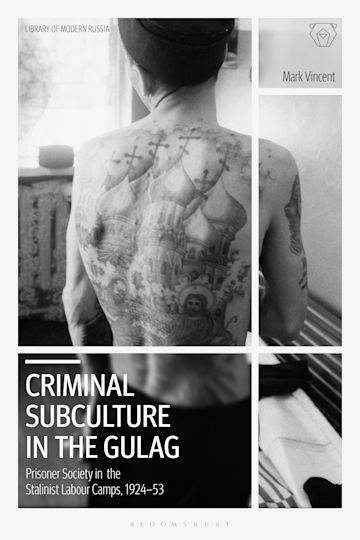




Famine victims: Protests, food riots and lawlessness were common. Sheep were stolen. Courts were busy. Perpetrators were imprisoned and transported to Australia.


